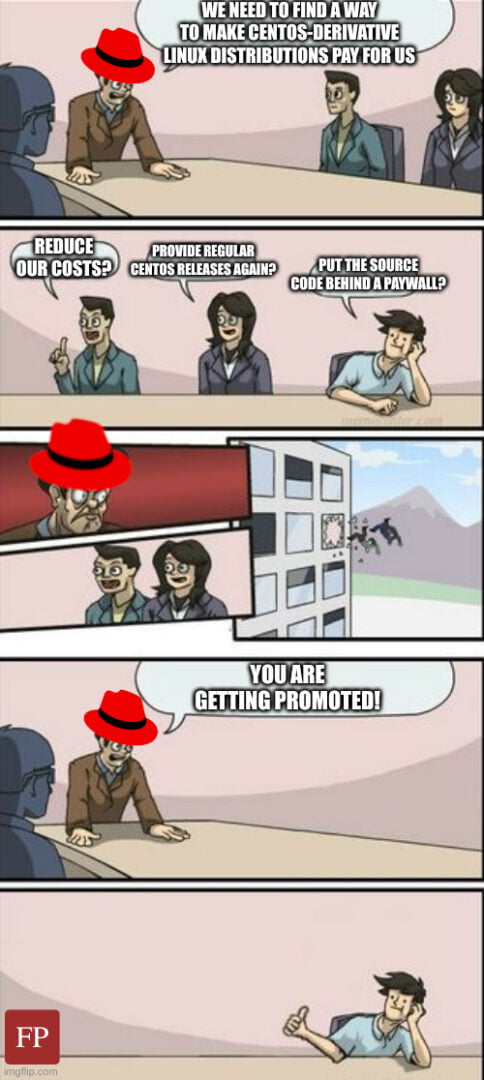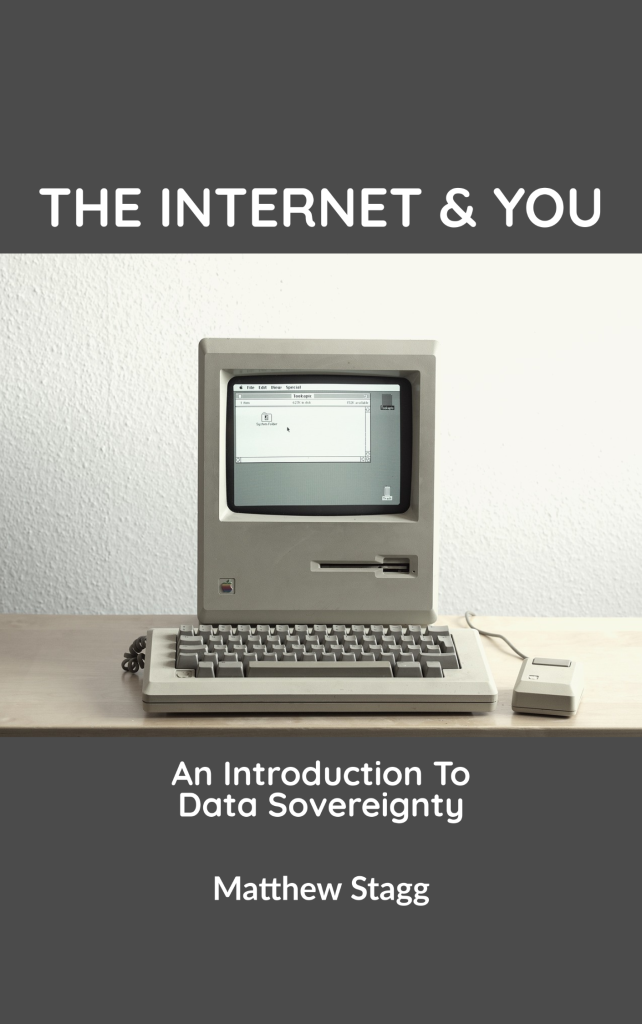3 long years have passed since the CentOS project – directed by Red Hat after being acquired by IBM – announced the shift towards CentOS Stream and ending support for its regular CentOS releases.
A lot has happened since. Derivative communities emerged like Rocky Linux, Alma Linux and others. And the community’s trust in Red Hat shook a lot.
Today, it’s shaking again.
Red Hat announced that it would start locking the source code for RHEL packages behind a subscription paywall, making it very much harder to build derivative and RHEL-compatible distributions like Rocky Linux and others.
This means that if you wish to access RHEL package source codes, then you need to buy an RHEL subscription first. Otherwise, you won’t be able to access them. They will no longer be publicly available.
It is still technically possible, of course, but it just adds unnecessary expenses and more wasted time, for nothing. Builders of derivative distributions will now have to deal with the sales and legal teams for Red Hat to make sure their work is on track.
Rocky Linux developers, although a little bit annoyed by the announcement, said they have no issues with continuing the work they do. AlmaLinux devs said similar, and that they will continue to explore their solutions. No words yet from the biggest elephants in the room: Amazon Linux and Oracle Linux.
Apparently, Red Hat, or should we say, IBM, is looking for additional ways to enlighten their balance sheets. And they have figured out that forcing these derivative communities to get premium subscriptions could earn them a few bucks.
It’s amazing. For a long time, the Linux community viewed both the Debian and Ubuntu distributions as things that could “go away”. That they are not professional enough, and that Canonical is forcing both projects in some ways to their own devilish benefit.
“I like CentOS because it’s stable and predictable, compatible with the RHEL I need” are famous last words for an innocent Linux sysadmin, before getting stabbed in the back.
Today we are witnessing that the Red Hat, CentOS and Fedora family of Linux distributions could actually be the first to go away.
20 years of trust Red Hat had built with the Linux community, is gradually fading away.
The decision maker at Red Hat should understand that their relationship with the community, even if not commercial, is more beneficial for their business in the long term than a few premium RHEL subscriptions they might earn with this step. Hell, look at Microsoft and how they don’t mind pirating their products or even using an unlicensed Windows 10 at all, for the sake of maintaining their monopoly on the market.
Yet, our big brother open source “leader” wants to make it harder for the smaller open derivative communities to do their work, because they sound to be “freeloaders”. They suddenly woke up to the notion that open source actually allows others to build upon their work.
Dear Red Hat, they are not freeloaders, they are doing exactly what open source is all about: If someone does not like your product or the costs you charge for your services around the product, then they can simply fork it to their own benefit. Period.
In the same way no one is preventing you from getting the source codes for all the packages you ship for your enterprise users, you should at least have some decency and allow others to access your source codes as well.
Making it harder for derivative communities (and anyone who wants to build a customized CentOS/RHEL compatible distribution) to build and maintain their work won’t benefit you, but it will just make you yet another arrogant corporation that cares about nothing but profits, and an evil player in the open source world.





